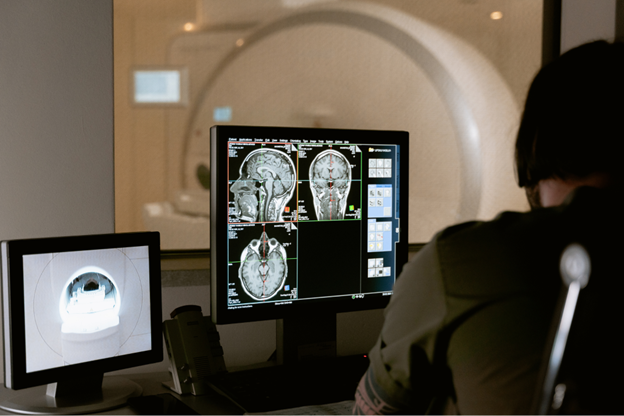The Role of Medical Interpreters and What They Do
Australia is a multicultural country, home to people of various contexts and backgrounds. In such a culturally diverse society, the importance of medical interpreters cannot be understated. Medical interpreters are necessary for all spheres of the medical field and are needed to effectively communicate complex or technical information to patients who lack proficiency in the English language.

Medical interpreters typically work to facilitate the exchange of communication between a patient and a provider with regard to and consideration of cultural practices, context, and linguistic variation. A credentialed medical interpreter works to ensure accurate communication as well as to protect practitioners from any professional risks that may arise. Interpreters in this field are particularly important when it comes to targeting communication barriers that can lead to a variety of issues such as lack of informed consent, inability to communicate needs, aggression, difficulty resolving complex problems, hindrance of care, and many other negative outcomes. The benefits of employing certified medical interpreters have been shown to heighten patient satisfaction and comprehension; thereby increasing positive outcomes and decreasing adverse outcomes.
Some of the key roles that medical interpreters may undertake include:
● Informing the patient about the diagnosis or treatment programmes.
● Discussing patient diagnosis/treatment/needs with the patient’s relatives.
● Asking the patient to describe their symptoms or medical requirements such as allergies, past history, etc.
● Outlining how to use prescribed drugs or medication.
● Asking patients for informed consent.
● Allowing medical practitioners to fulfil their duty of care professionally and ethically.
With the important role that medical interpreters play, there comes professional and ethical responsibility. Like medical providers, medical interpreters must uphold a professional and ethical standard in their work at all times and must follow the code of professional standards. These standards outline the importance of accuracy, cultural sensitivity/awareness, impartiality, advocacy and comprehension of all related or relevant legislation.








